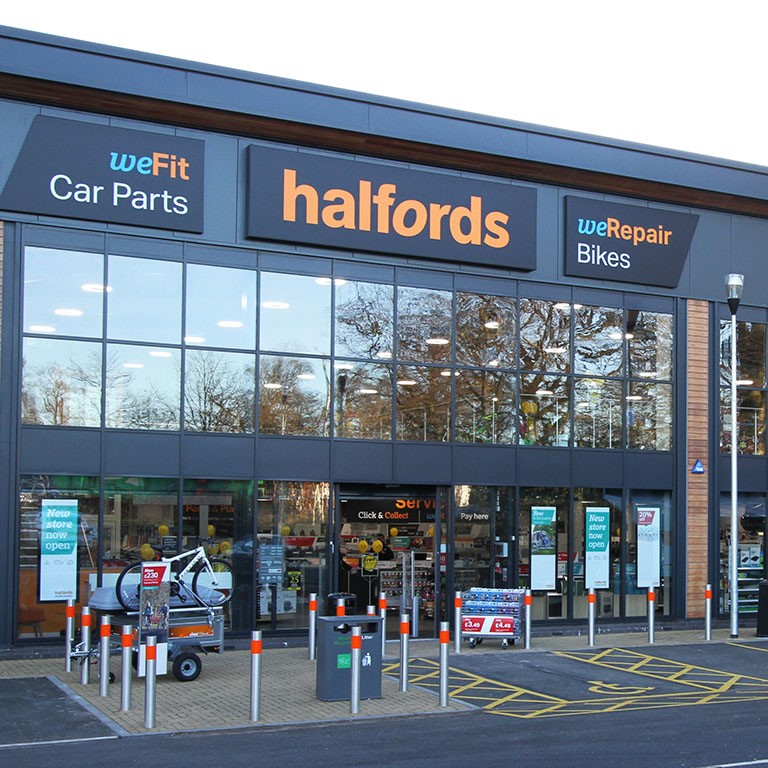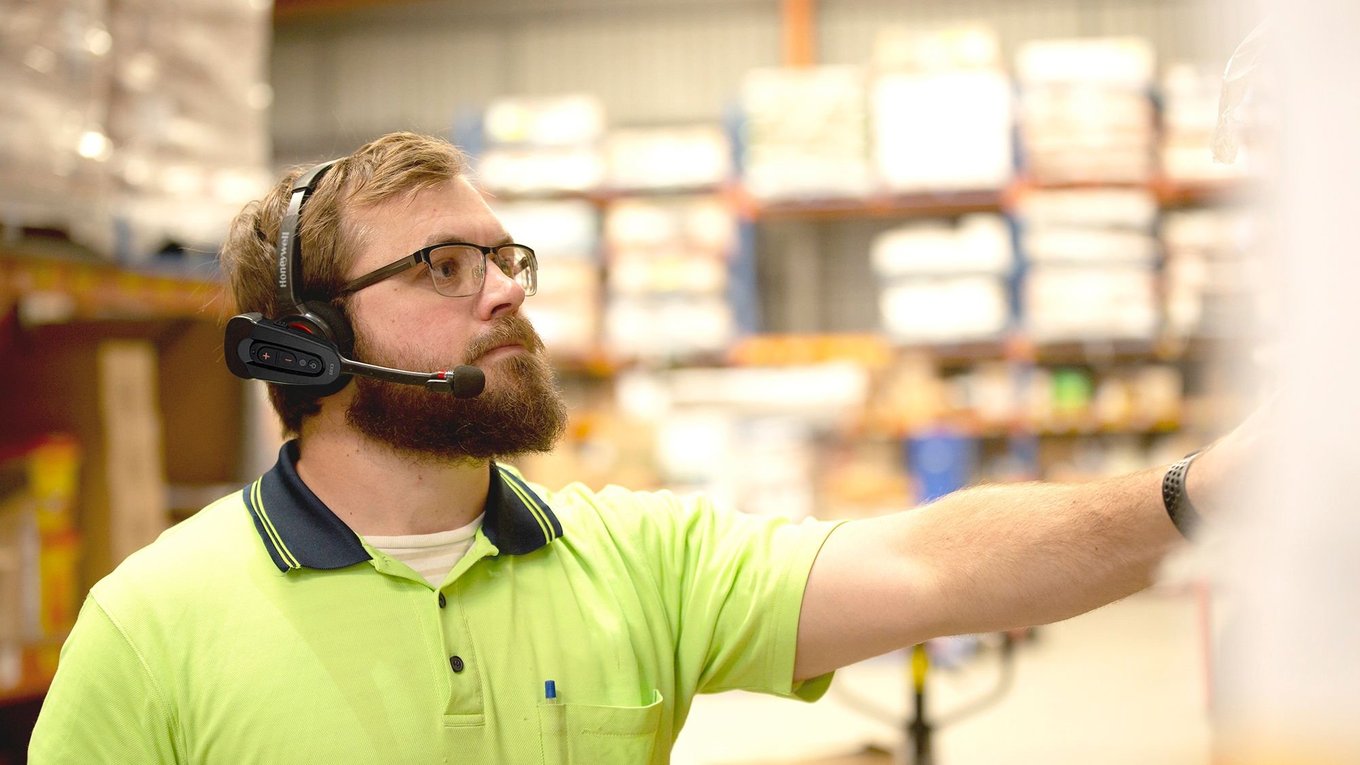Descartes Systems Group, a global leader in uniting logistics-intensive businesses in commerce, has announced that Halfords, a leading UK automotive products and services retailer, is using Descartes’ last-mile delivery solution to enable dynamic delivery pricing in its customer-facing mobile tyre replacement service and as its new international field service software solution called Avayler.
First metrics show that Halfords’ mobile service business has already been able to improve gross profit by 5% and reduce miles per delivery by 13%.
Descartes’ last mile delivery solution provides an end-to-end platform for home and last-mile delivery operations. The solution spans delivery appointment booking, route planning and execution, mobile proof-of-delivery (POD) and notifications processes. Its delivery appointment schedule is dynamically generated for each customer and time window options are scored. This allows organisations such as Halfords to intelligently control the booking process, which maximises booking density and productivity and enhances the customer experience while minimising costs.
“As part of our innovative ecommerce-based mobile tyre replacement service, we wanted to more accurately reflect the logistics cost of the mobile service when customers were booking service appointments and balance demand with our ability to serve customers,” said Chris McShane, Director, Strategy, Transformation & Business Development at Halfords. “Extending Descartes’ dynamic scheduling solution into Avayler made perfect sense. The solution will allow garages, distributors and other service-based organisations to provide their customer base with unique service appointment pricing as they are making purchases and the ability to optimise customer demand.”
The advanced real-time capabilities of the Descartes solution enable Halfords to offer dynamic delivery pricing that considers existing orders, business objectives, road network, vehicle capacity and service constraints to price delivery appointment options. In addition, Halfords uses Descartes’ forward-looking vehicle capacity information to help adjust its online marketing to ensure it balances demand generation with the ability to service that demand. As a result, Halfords has been able to target pay-per-click marketing spend by matching orders booked with the ability to service more customers in the coming days in particular regions.
After successfully using the Descartes last-mile delivery solution to drive efficiencies in its own operations, Halfords has now integrated it into Avayler, its newly launched, end-to-end, customer-centric field service solution that will be rolled out globally. Avayler will provide other businesses with an end-to-end SaaS solution wherever they offer services whether in store, at garages, workshops, clinics, pop-up sites, in the driveway or across the threshold.
“By using logistics information and constraints in real-time during the customer buying experience, Halfords is taking last-mile delivery strategies and solutions the next level,” said Pol Sweeney, Vice President of UK and Ireland Sales at Descartes. “Home and last-mile delivery and services continue to be market differentiators, but expensive to operate. Halfords’ combination of our dynamic delivery appointment booking with its advanced pricing algorithms and capacity management allow the company to provide one of the most innovative and intuitive field service solutions on the market.”





 We can see that late shipments started to grow during the week of 4th July, and reached their peak during the week of 11th July, registering growth of 18% and 15% over the previous week for Belgium and Germany. Late shipment trends in the Netherlands have been more stable compared to other two countries.
We can see that late shipments started to grow during the week of 4th July, and reached their peak during the week of 11th July, registering growth of 18% and 15% over the previous week for Belgium and Germany. Late shipment trends in the Netherlands have been more stable compared to other two countries.

